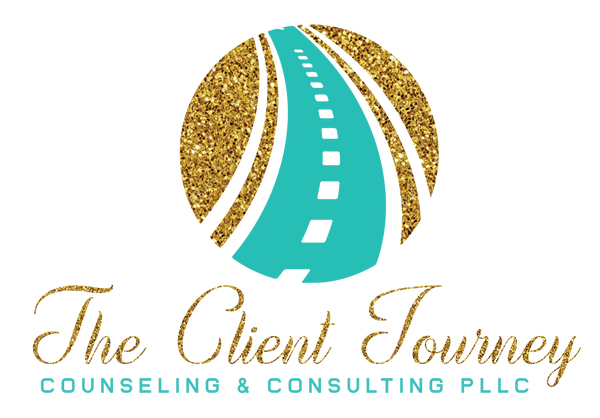The road to healing is rarely a smooth one. There will be bumps, detours, and even occasional U-turns. But here's the thing: experiencing setbacks on your healing journey is not only normal, but it's also a sign that you're on the right track.
Imagine healing as a journey on a winding mountain path. You're steadily climbing, conquering challenges and savoring the breathtaking views. But then, you hit a patch of loose gravel and take a tumble. It's frustrating, sure, but does it mean you're suddenly back at the bottom of the mountain? Absolutely not! You're still miles ahead of where you started, and even this setback is part of the journey.
Here's why setbacks are actually a good sign:
1. They show you're growing: Setbacks often occur because you're venturing into unfamiliar territory. You're pushing your boundaries, trying new things, and challenging old patterns. This exploration can lead to stumbles, but it also signifies progress and growth.
2. They provide valuable learning opportunities: Every setback offers a chance to learn and adapt. You can analyze what triggered it, what coping mechanisms worked or didn't work, and how you can better navigate similar situations in the future.
3. They build resilience: Overcoming setbacks strengthens your inner spirit. You learn that you can weather challenges, bounce back from adversity, and emerge stronger than before.
4. They remind you of your progress: When you experience a setback, it's easy to feel discouraged and forget how far you've come. But take a moment to reflect on where you were before and how much you've grown. This can reignite your motivation and remind you of your incredible strength.
Here are some tips for navigating setbacks:
- Acknowledge your feelings: It's okay to feel frustrated, disappointed, or even angry. Allow yourself to process these emotions without judgment.
- Practice self-compassion: Be kind to yourself. Remember, everyone experiences setbacks, and they don't define your worth or progress.
- Learn from the experience: Reflect on what happened and identify any triggers or areas for improvement.
- Reach out for support: Talk to a therapist, friend, or support group. Sharing your experiences can be incredibly helpful in navigating challenges.
- Focus on the present: Don't dwell on the past or worry about the future. Focus on what you can control in the present moment and continue moving forward.
Remember, healing is a journey, not a destination. There will be ups and downs, twists and turns. But by embracing setbacks as part of the process, you can learn, grow, and become the strongest, most resilient version of yourself. So, keep climbing that mountain, one step at a time, and celebrate every victory, big or small. You've got this!

